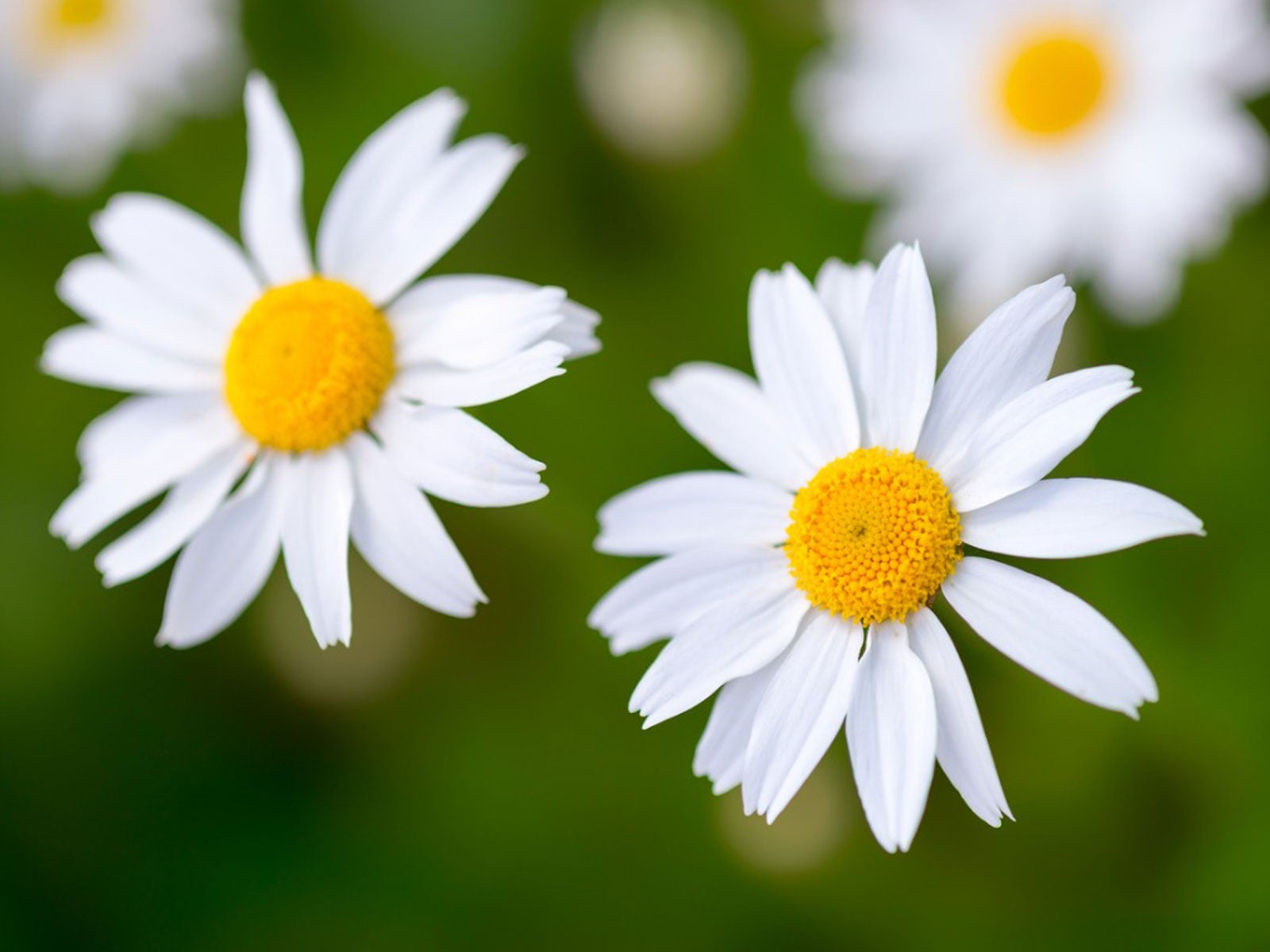Daisy Plant Varieties – Growing Different Daisy Plants In The Garden


For many gardeners, the term daisy brings to mind the childhood game of plucking white daisy petals from flowers while repeating, “Loves me, loves me not.” These aren’t the only daisy plants that exist in the garden though.
There are many types of daisies available in commerce today. Most belong to the Asteraceae family with 1,500 genera and 23,000 species. While some of them look like the classic daisies of childhood, others come in bright colors and different shapes. Read on for information about daisy plant varieties as well as tips for growing different daisy cultivars.
Different Types of Daisies
The term “daisy” comes from “day’s eye.” Plants called daisies close at night and open in the morning light. This is true of all daisy plants in the garden.
The Shasta daisy (Leucanthemum x superbum) is one that provides the classic look, with bright yellow centers and long, white petals extending from that center. The Shasta daisy cultivar ‘Becky’ offers larger blossoms and flowers later than the species. It blossoms summer through fall.
Other interesting daisy plant varieties are also cultivars of the Shasta. ‘Christine Hagemann’ offers huge, double flowers, as does ‘Crazy Daisy,’ although the latter cultivar’s petals are very thin, frilled, and twisted.
Other types of daisies are totally unlike the Shasta. The differences between daisies can include the color, size, and shape of the flower.
For example, the garland daisy is an annual with petals that are white, and the outside tips are increasingly golden toward the base. It is outdone in vibrant colors by the painted daisy, or tricolor daisy, with petals in bright shades of red and white, orange and yellow, or yellow and white.
Sign up for the Gardening Know How newsletter today and receive a free copy of our e-book "How to Grow Delicious Tomatoes".
Color and petal differences create very different flowers. The fluffy ageratum daisy sports soft, elegant “spikes” of petals in deep lavender and blue. The arctotis has long, daisy-like petals in purple or red-orange with bright centers. Blue Cupidone (or cupid’s dart) “daisies” are bright blue with darker blue centers.
Growing Different Daisy Varieties
When you start growing different varieties of daisies, you’ll need to keep in mind some basic differences between the plants. First, remember that some daisy plant varieties are annuals, living for one season only, while others are perennials, living for more than one season.
For example, the marguerite daisy (Argyranthemum frutescens) is an annual plant. If you plant marguerites, you’ll get repeating waves of flowers in blazing yellow, bright pink, and white all season long, but only for one year. On the other hand, Osteospermum are perennial daisies, usually lavender-blue with darker centers.
Another thing to keep in mind when you are growing different daisy types is climate. Perennial daisies must grow within their own hardiness zones in order to thrive. For example, gerbera daisies only grow as perennials in very warm regions, like USDA plant hardiness zones 9 through 11. In other areas, they can be grown as annuals, living and dying in one summer.

Teo Spengler is a master gardener and a docent at the San Francisco Botanical Garden, where she hosts public tours. She has studied horticulture and written about nature, trees, plants, and gardening for more than two decades, following a career as an attorney and legal writer. Her extended family includes some 30 houseplants and hundreds of outdoor plants, including 250 trees, which are her main passion. Spengler currently splits her life between San Francisco and the French Basque Country, though she was raised in Alaska, giving her experience of gardening in a range of climates.